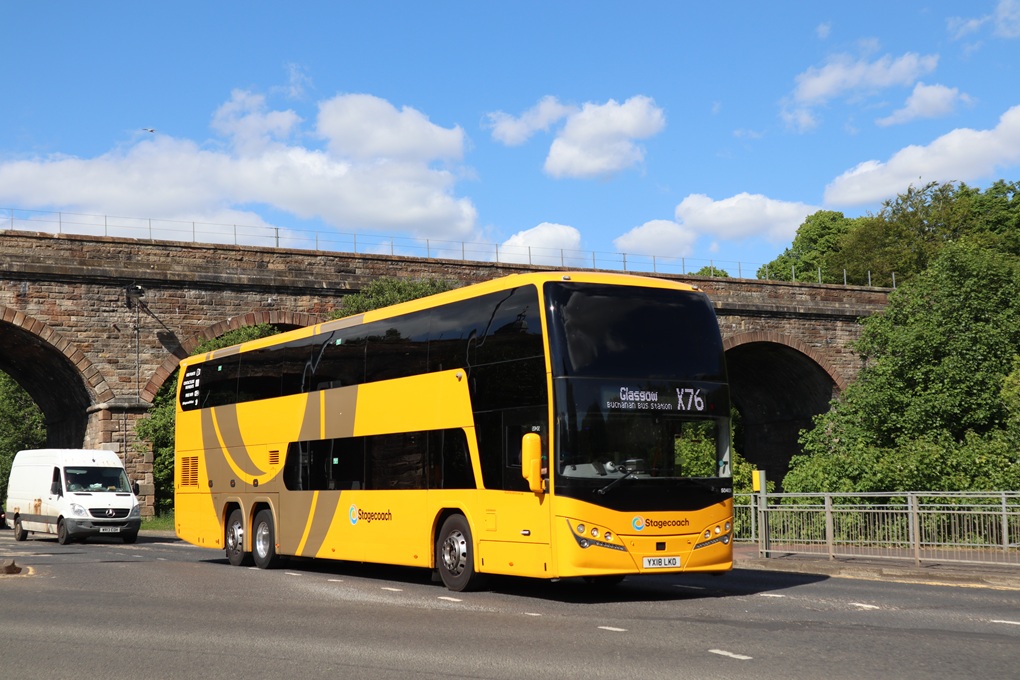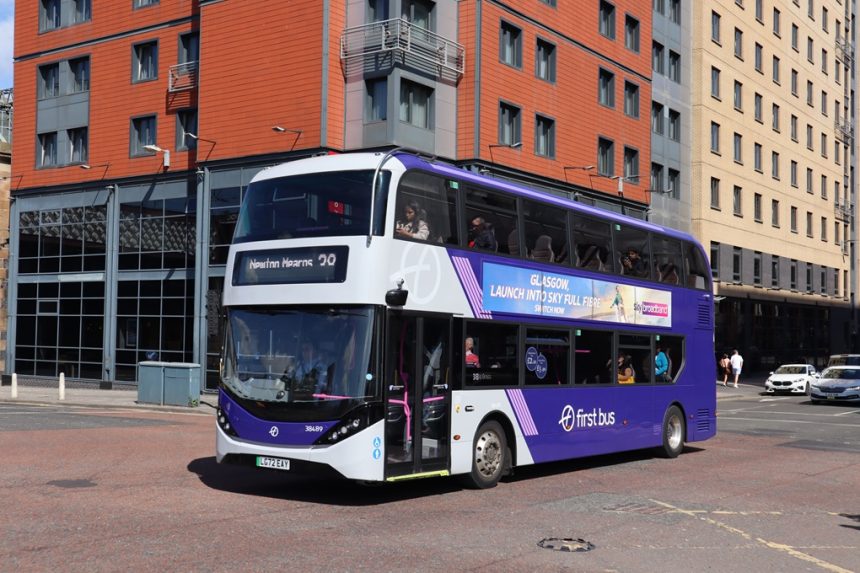Many measures to achieve Strathclyde Partnership for Transport (SPT) bus policy goals that it believes are easiest to progress via franchising can advance under a deregulated regime at potentially less cost and with no additional taxpayer burden, the Confederation of Passenger Transport (CPT) has said.
It was speaking in relation to a consultation submission made by the Confederation on the Draft Strathclyde Regional Bus Strategy. 41 such measures are outlined by SPT in that document, built around improving the bus proposition across the region.
The regional transport partnership favours franchising for reform, but its draft strategy acknowledges that a significant uplift in the amount of public funding that goes towards the region’s bus network is required to deliver the “more ambitious level of change” it aspires to.
Without it, the draft strategy observes how franchising is unlikely to result in more frequent services, cheaper fares, or “any other features of a better bus network.” The fiscal impact of franchising in Strathclyde has repeatedly been criticised by McGill’s Buses. Owners James and Sandy Easdale recently described it as “a financial catastrophe.”
CPT Scotland Director Paul White says that bus operators in the region share the SPT vision of better services. But he notes that local authority control “will not, in isolation, enhance services or encourage any more passengers to catch the bus.”
Mr White continues: “The key to increasing passenger numbers is to speed up journeys, tackle congestion, and to provide an attractive, accessible and affordable alternative to the private car.
“CPT welcomes SPT’s recognition of the critical role bus plays. However, many of the measures proposed to improve bus [services], such as enhanced priority, accessible stops, integrated ticketing and the creation of a customer charter, can be taken forward without franchising at potentially less expense and no increased burden on the taxpayer.”

The trade body’s research has previously shown that a 10% increase in bus speeds typically grows usage by 2.5% and cuts operating costs by 8%. Money freed can then be reinvested into the network or zero-emission vehicles.
SPT’s draft strategy notes how the funding requirement for franchising will as a minimum require restart of the Bus Partnership Fund – now rechristened the Bus Infrastructure Fund and within the Scottish Government’s FY25/26 plans after a pause – along with reform of Network Support Grant and access to decarbonisation funding.
What SPT says is a “more ambitious level of change” will need long-term additional funding from Holyrood and access to money from new streams such as workplace parking licensing along with others that potentially include a regional precept or municipal borrowing.
Between £45-85 million per annum in additional revenue subsidy is cited by SPT as being required to deliver a “transformational” regional bus franchising scheme, but that total has been questioned by McGill’s. It claims the yearly figure is more like £400 million.
























